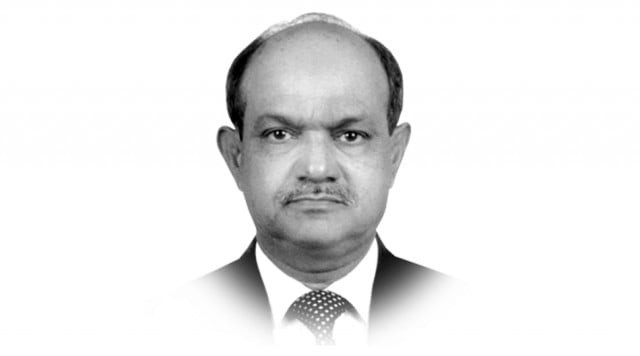Prosecuting terrorists with success

The numbers of those arrested on suspicion of being involved in terrorism are staggering. In Malakand alone, approximately 3,500 extremists have been arrested. In most cases, particularly in Khyber-Pakhtunkhwa and Fata, the judicial process has yet to start. Nationally, the conviction rate of even those few who have gone on trial is very low. And there are several factors for the criminal justice system’s failure to convict such suspects. The Anti Terrorism Act (ATA) of 1997 and Evidence Act are simply inadequate for the current ground reality. Anti-terrorism courts (ATCs) appear to have lost their bearing because incompetent investigators fail to properly investigate and prepare cases before bringing them to court and public prosecutors are generally incompetent and fail to establish guilt. Also, there is a clear lack of political on the part of the government to prosecute terrorists.
Both the ATA and the Evidence Act need to be overhauled through new legislation. The international trend is towards deterrence and to admit technical and circumstantial evidence in cases of terrorism and for this we can take help from the US Homeland Security Act and India’s Tada (Terrorist and Disruptive Activities (Prevention) Act). The ATCs were set up for the speedy disposal of cases but they are anything but that. These courts should be reconstituted and headed by senior judges awaiting elevation to the high courts. As for improving the rate of prosecution, the government needs to hire the best criminal lawyers engaged in their own practice. A competent prosecutor will also assist the police in case preparation and this increases chances of winning the case. Also, prosecution of terrorist cases needs to be made time-bound, from presentation of the initial police challan to the delivering of the verdict.
On a related note, the police is not professional in the handling and preservation of the crime scene, with the result that crucial evidence vital for prosecution is more often than not lost in the first few minutes of chaos following a terror attack. This means that the capacity of investigators to collect and record evidence using modern forensic tools needs to be developed. Interrogation should be adopted along scientific lines and investigators should be trained to record fingerprints, collect samples for DNA testing, to scrutinise call records and carry out voice data analysis. This investment by the government is crucial to ensuring higher conviction rates. A large number of terror suspects are awaiting trial — mainly in Khyber-Pakhtunkhwa — and this is because of reluctance of judges out of fear of retaliation by the extremists. The recent case of an attack by terrorists on the home of ATC Judge Asim Imam hearing Sufi Muhammad’s case in Malakand is just one example. This means that the government must provide security to judges and prosecutors involved in such cases, and also to witnesses who by and large are extremely reluctant to appear for a court. This is precisely why the law needs to be amended to allow circumstantial and technical evidence.
The government appears to have left counter-terrorism entirely to the military and law-enforcing agencies. This is flawed because success will come only if all pillars of state are working together. The administration has to be equipped to take over where the military’s task ends.
Published in The Express Tribune, July 8th, 2010.















COMMENTS
Comments are moderated and generally will be posted if they are on-topic and not abusive.
For more information, please see our Comments FAQ